Conventional Injection Moulding
Conventional Injection Moulding is the backbone of our plastic part production capabilities. This process is ideal for producing high volumes of parts with consistent quality and intricate details. We utilize a variety of materials, including thermoplastics and thermosetting polymers, to ensure that the final products meet your exact specifications.
Applications: Ideal for automotive components, consumer goods, medical devices, and more.
Advantages: High precision, ability to produce complex geometries, and cost-effective for large production runs.
Materials: ABS, Polycarbonate, Nylon, Polyethylene, Polypropylene, and more.

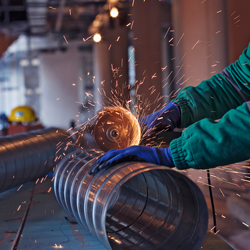 Sheet Metal
Sheet Metal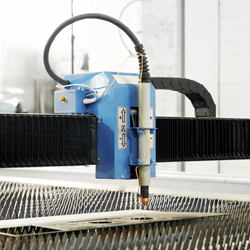 CNC Machining
CNC Machining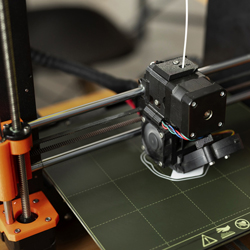 3D Printing
3D Printing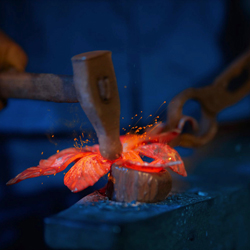 Forging & Casting
Forging & Casting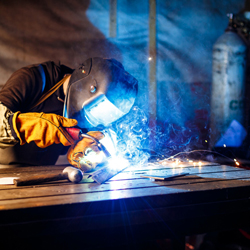 Fabrication
Fabrication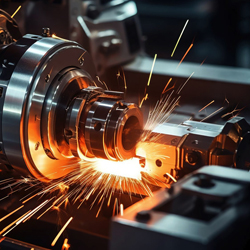 Finishing Services
Finishing Services